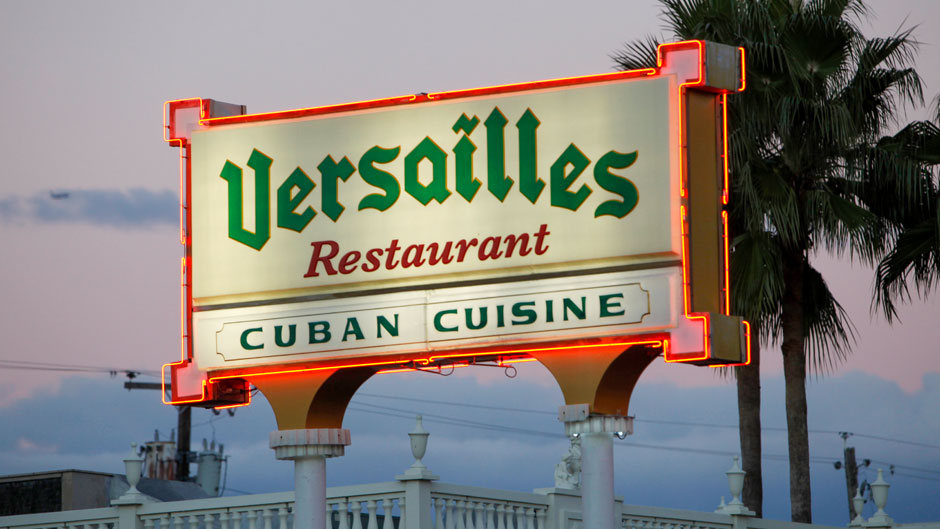On July 11, 2021, when thousands of Cubans took to the streets throughout the Caribbean island to protest and demand change from the communist regime, hundreds of Cuban exiles in Miami camped out in front of the iconic Versailles Cuban Cuisine restaurant to chant, beat pans, and express their support of their compatriots.
For more than 50 years, Versailles has been the nerve center of the Cuban exile community in South Florida. And its founder, Felipe A. Valls Sr., died last Saturday leaving an indelible legacy. He was 89 years old.
Versailles is a venue where people go to see and be seen. Countless politicians and celebrities have sat in the ornately decorated restaurant that was fashioned after the Palace of Versailles in France.
Numerous conversations and arguments have been held in its “ventanita”— the coffee window where hundreds sip Cuban coffee and eat “pastelitos” and “croquetas.” Valls is credited with being the founder of the “ventanita” concept in Miami.
“Versailles is both a culinary and cultural institution in the South Florida Cuban community, a place where the diaspora gathers to connect to its past through the food of home and commemorate the moments that create our history,” said Amanda Moreno, interim Esperanza Bravo de Varona chair of the Cuban Heritage Collection at the University of Miami Libraries.
To celebrate the 50th anniversary of the restaurant last year, Alexandra “Alex” Valls, granddaughter of the owner, sifted through reams of magazines and newspaper clippings at the Cuban Heritage Collection to write a small book on the history of the restaurant.
“Everyone at the Cuban Heritage Collection was great, and they helped me gather pictures, old advertisements, and community newspapers from the ’70s and ’80s,” she said.
She recalls how as a child she and her five sisters, including Nicole Valls, who graduated from the University in 2006, would be taken to Versailles to celebrate any occasion: birthdays, communions, ballet recitals, and family weddings. “Versailles was my home away from home,” she said.
Alex Valls, who now works for the family business, which is run by her father Felipe Valls Jr., remembers her grandfather warmly.
“My grandfather was a very warm, charismatic person who had the gift of gathering people together,” she said. “I had a very warm relationship with my grandfather, but he was also my boss—and to me he is still my boss, because we are all working on all that he created.”
And she remembers her grandfather as a hard worker who came into the office days before he was hospitalized. He took calls, attended meetings, and looked after some of the employees, she said.
“All that he created, he created from scratch,” Alex Valls said. “He arrived as an immigrant who had to provide for his family, and he became the American dream.”
Felipe Valls Sr. left his hometown of Santiago de Cuba in 1961 with his wife and children and began working at selling restaurant equipment. He later bought the restaurant Badia in Little Havana, which he later sold to buy Versailles.
Eventually he built a small culinary empire. Today, the family owns a multitude of restaurants including 12 La Carretas, Casa Cuba, Casa Juancho, and Mesa Mar. The company employs more than 2,000 people.
Alex Valls hopes that her grandfather will be remembered for his hard work and love of his home country.
“He will be known as an entrepreneur but also as the grandfather of Miami who was able to build establishments to embrace the Cuban diaspora,” she said. “His love and devotion to his work was contagious and he became a beacon for many people who also want to succeed.”

